6 MIN READ
4-1-2024
Embracing Our Planet: Celebrating Earth Day Every Day
Henry Bliss, 4ocean Story Producer
Earth Day, celebrated annually on April 22, is a significant event dedicated to raising awareness and promoting action for environmental protection and sustainability.
This day serves as a reminder of the importance of our planet and the urgent need to address pressing environmental issues such as climate change, pollution, deforestation, habitat loss, and species extinction.
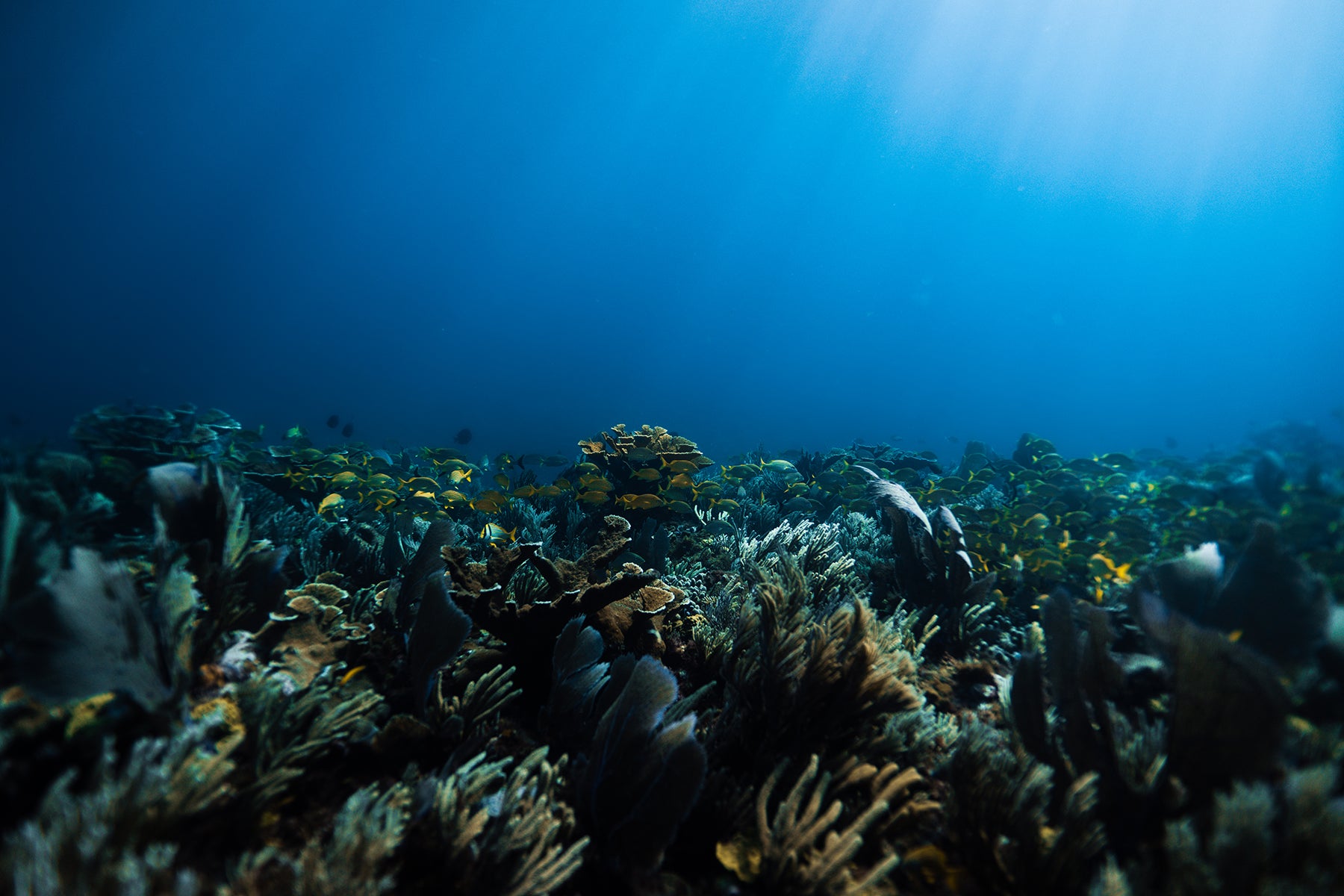
The History of Earth Day
Earth Day originated from the environmental movement in the United States during the late 1960s and early 1970s, a period marked by growing concerns about pollution, environmental degradation, and the impacts of human activities on the planet. The idea for Earth Day was proposed by Senator Gaylord Nelson, inspired by witnessing the aftermath of a massive oil spill in Santa Barbara, California, in 1969.
On April 22, 1970, the first Earth Day was celebrated, with millions of people participating in rallies, demonstrations, and events across the United States to raise awareness about environmental issues and advocate for environmental protection measures. It was a groundbreaking moment that helped to galvanize public support and political action on environmental issues.
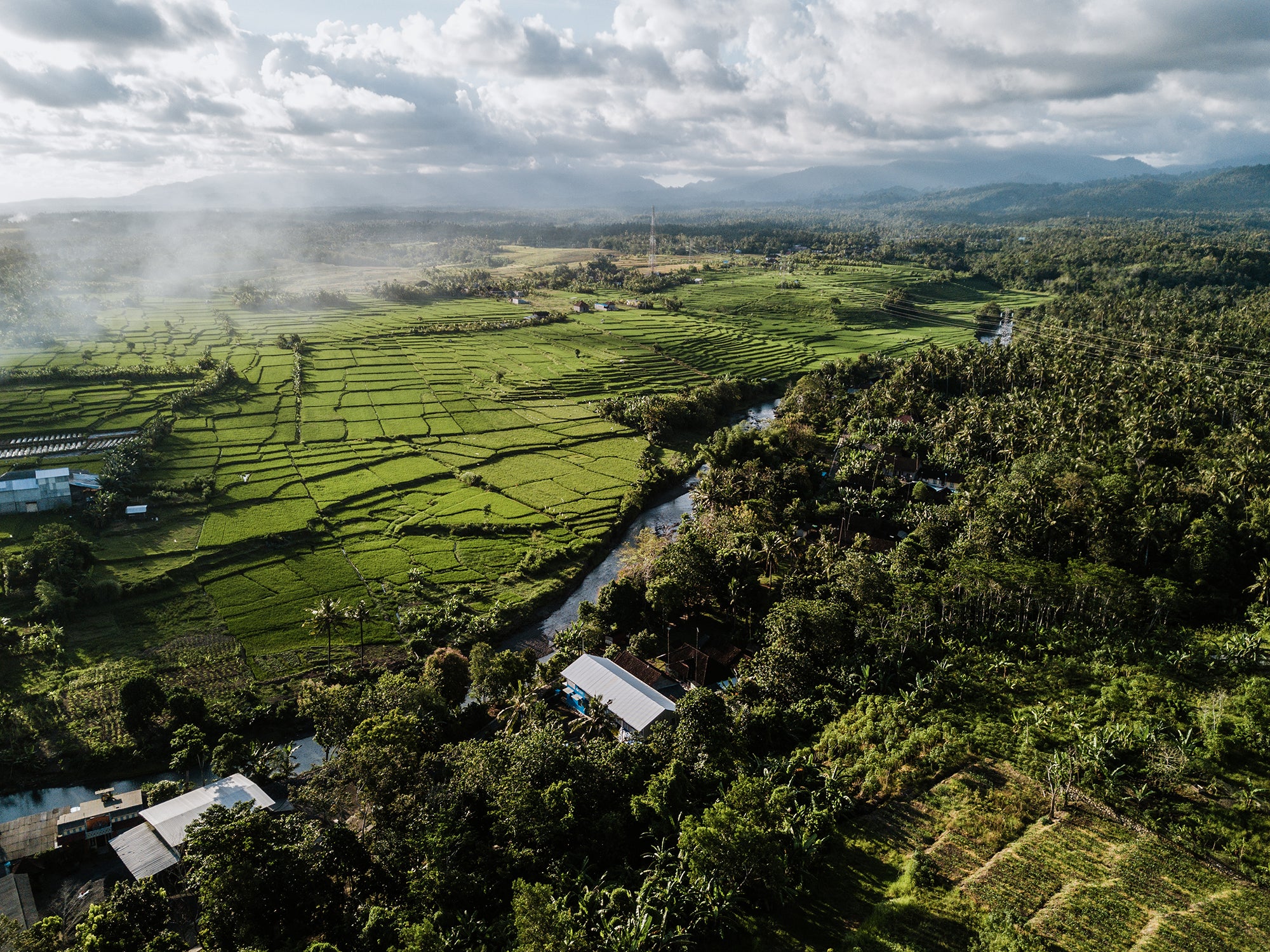
The data collected from this experiment is remarkably important and unveils that human beings are ingesting and inhaling microplastic particles every day. Researchers have been trying to uncover the manner in which microplastic particles are disrupting our bodies and the potential health risks associated. However, this topic is new and will take time to analyze and understand the impacts fully. It has been found that microplastics can bundle and create obstructions in the digestive system, preventing the flow of materials and causing injuries. When nanoplastics enter the body, they are so small in size that they can actually penetrate capillaries and move throughout the bloodstream. Scientists have not been able to formally tabulate the actual effects of microplastics in the human body, but it is predicted that they can cause oxidative stress, affect brain function, cause reproductive problems, affect metabolism function, and potentially cause cancer.
Single-use plastic may be convenient in relation to time and effort, but the use of single use water bottles shows to have a significant impact on the amount of microplastic ingestion. The irony of this scenario is not only are you contributing to the plastic pollution in the ocean, but you are consuming large amounts of microplastics without knowing how this will affect your own livelihood. The intention of this article is not to induce fear but rather to raise awareness about the critical problem of plastic pollution in our oceans. Single-use plastic causes a number of different issues across the globe in our oceans.

Impact and Legacy:
The inaugural Earth Day triggered an unparalleled drive for the promotion of environmental awareness and the enactment of policies for reform. It spurred the passage of landmark legislation, including the Clean Air Act, the Clean Water Act, and the Environmental Protection Agency (EPA) establishment.
Throughout the 1970s and beyond, Earth Day continued to galvanize public consciousness around environmental issues, evolving into an annual tradition celebrated by millions worldwide. Its legacy extends beyond a single day of observance, serving as a catalyst for ongoing grassroots activism, scientific research, and corporate sustainability initiatives.
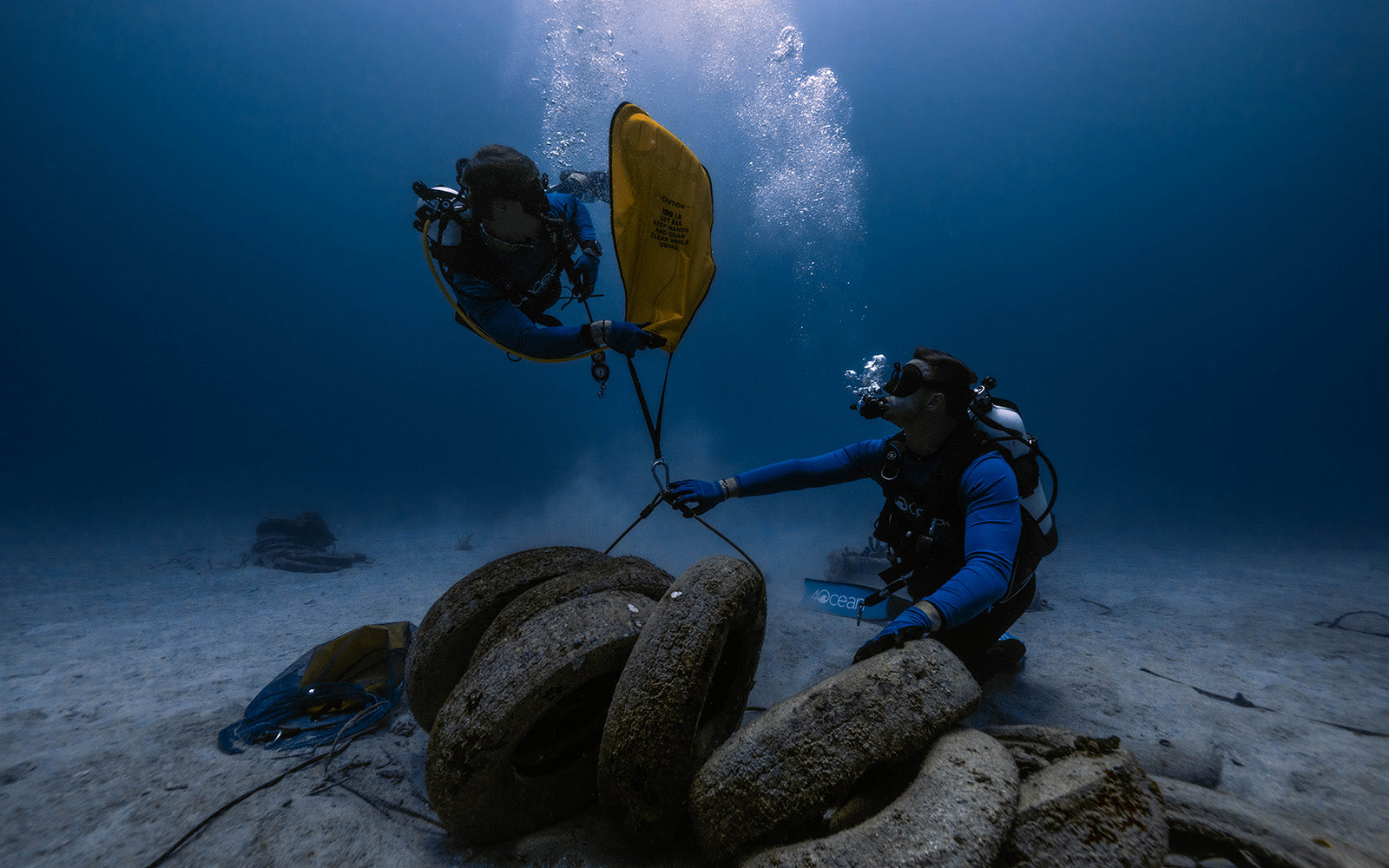
Global Reach:
In the decades since its inception, Earth Day has transcended national borders, inspiring a global movement for environmental conservation and sustainability. Today, Earth Day is observed in over 190 countries, with events ranging from tree plantings and clean-up campaigns to advocacy campaigns and educational initiatives.
The globalization of Earth Day reflects a growing recognition of the interconnectedness of environmental challenges and the need for collective action on a planetary scale. It serves as a platform for fostering international collaboration, raising awareness of pressing environmental issues, and mobilizing communities to address them.
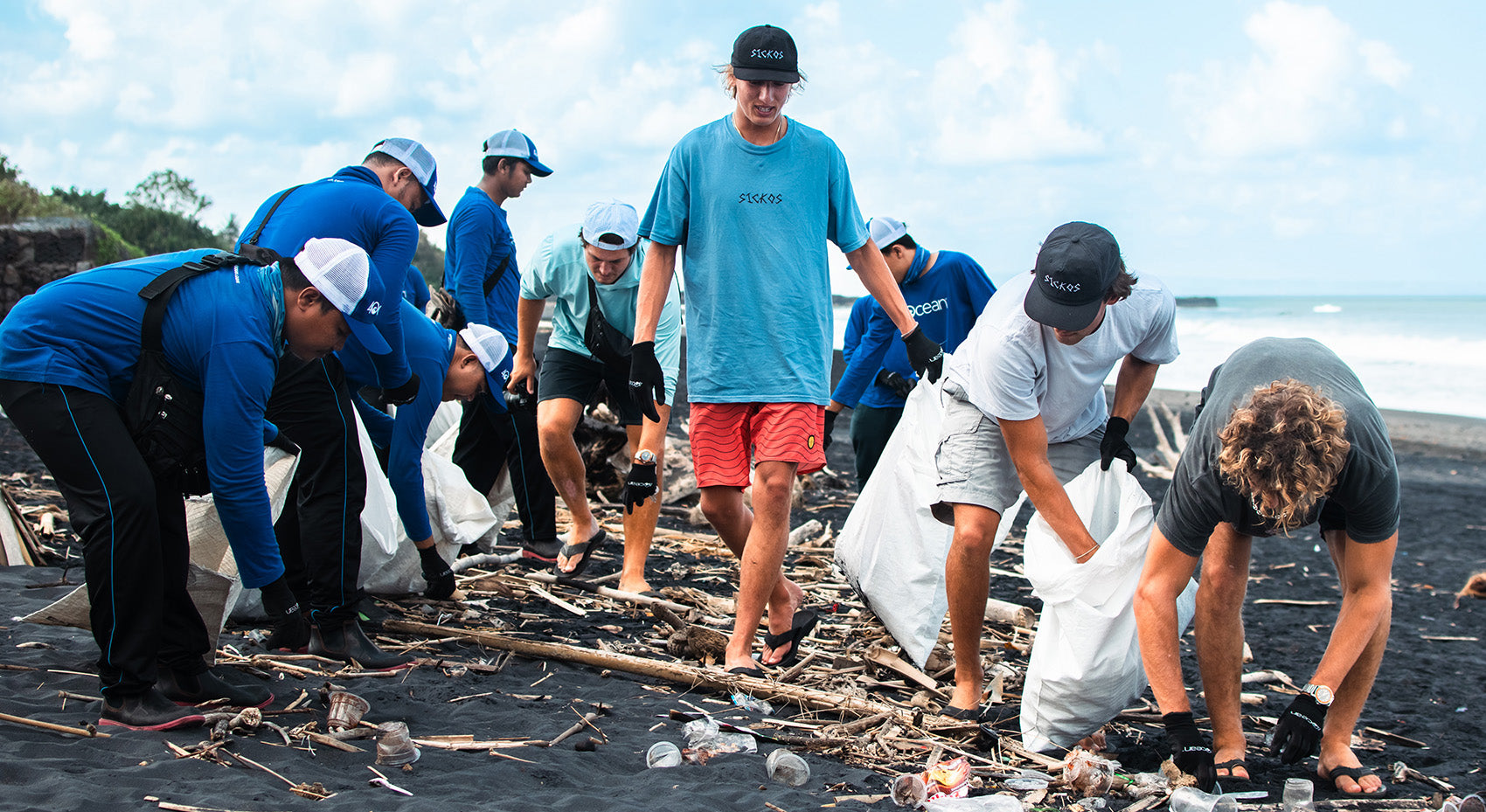
What extra help will you do this month?
You can do many things to celebrate Earth Day and contribute to the well-being of our planet. Here are some ideas:
Reduce, Reuse, Recycle: Practice the three Rs in your daily life to minimize waste and conserve resources.
Plant Trees: Participate in tree-planting activities in your community or even plant trees in your backyard or neighborhood.
Clean up: Organize or join a local beach, park, or neighborhood clean-up event to remove litter and debris from natural areas.
Conserve Water: Be mindful of your water usage by fixing leaks, taking shorter showers, and using water-saving appliances.
Reduce Energy Consumption: Turn off lights and unplug electronics when not in use, use energy-efficient appliances, and opt for public transportation, biking, or walking instead of driving.
Support Sustainable Practices: Choose products and companies that prioritize sustainability and eco-friendly practices.
Educate Others: Spread awareness about environmental issues and encourage others to take action through community events, or educational workshops.
Volunteer: Get involved with environmental organizations or volunteer for conservation projects in your area.
Celebrate Nature: Spend time outdoors appreciating and enjoying the beauty of nature, whether it's hiking, camping, birdwatching,
or simply having a picnic in the park.
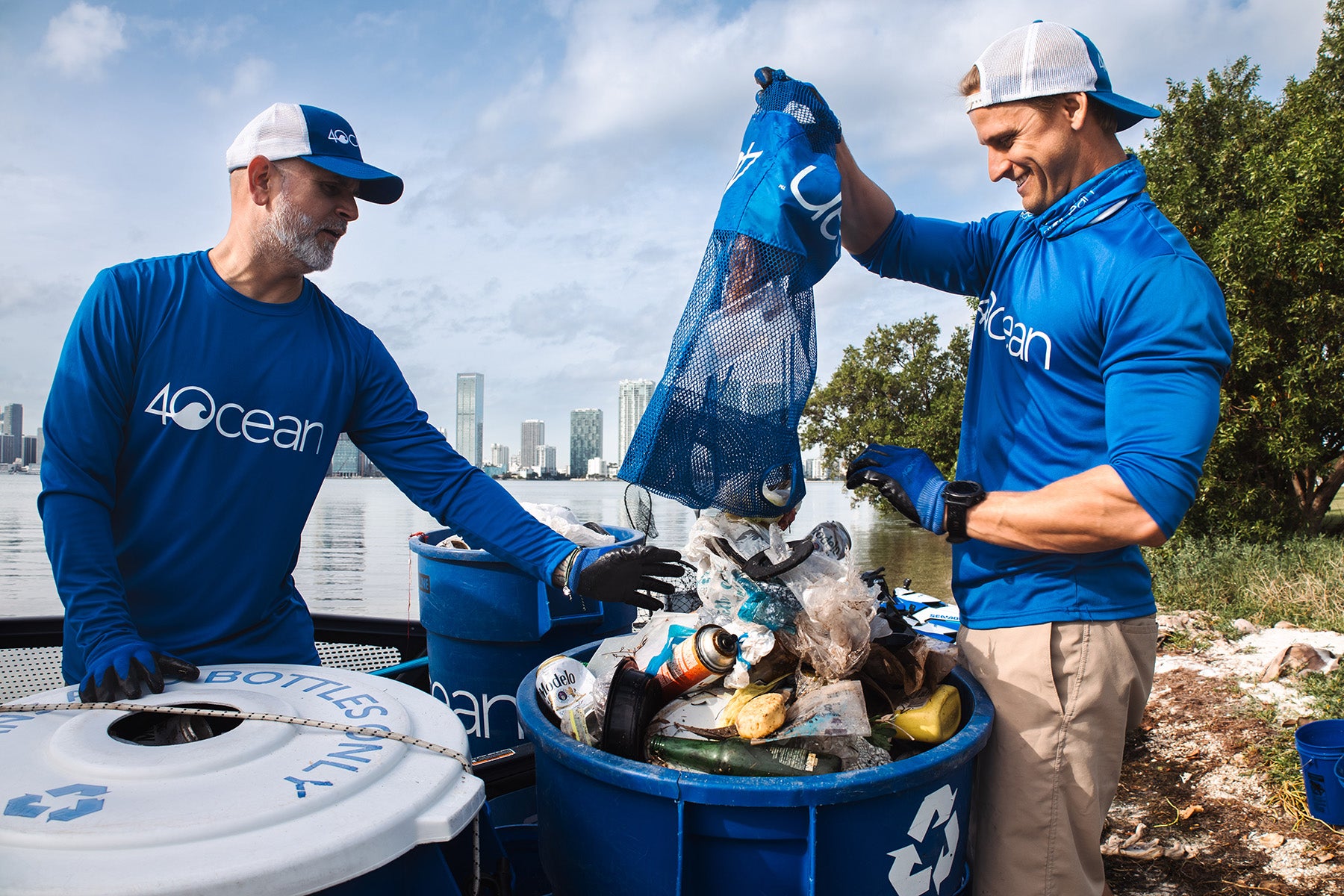
Earth Day is a powerful reminder of our collective responsibility to cherish and protect our planet. It serves as an annual call to action, urging us to recognize how all life on Earth is connected and the importance of safeguarding our natural environment for future generations.
As we celebrate Earth Day each year, let us recommit ourselves to the pursuit of sustainability, environmental stewardship, and global cooperation. Let's work together for a greener future and preserve our planet's beauty and diversity for future generations.
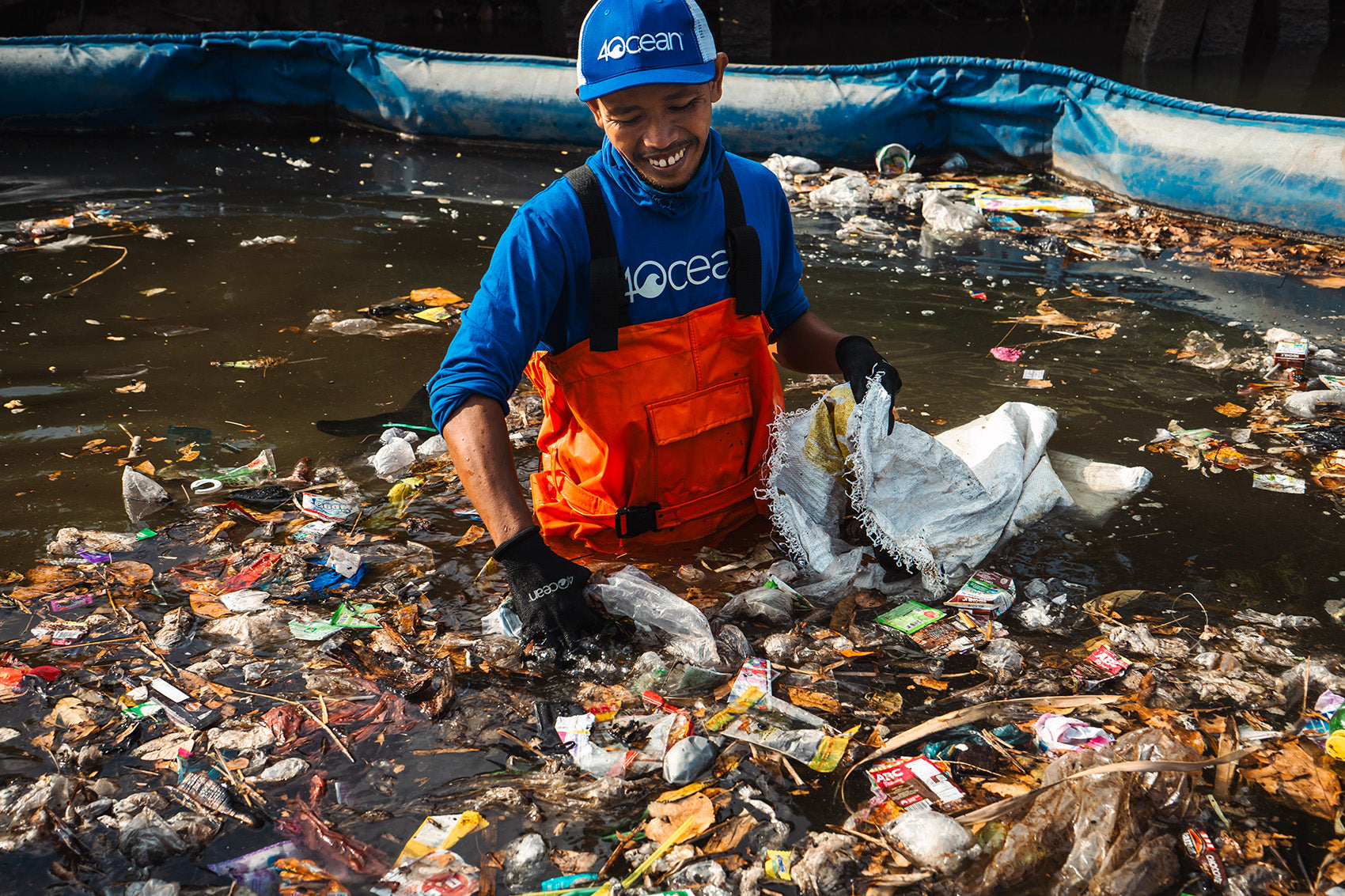

You May Also Like

An Entire Island Made of Plastic In The Middle Of The Pacific!?
See the Story
